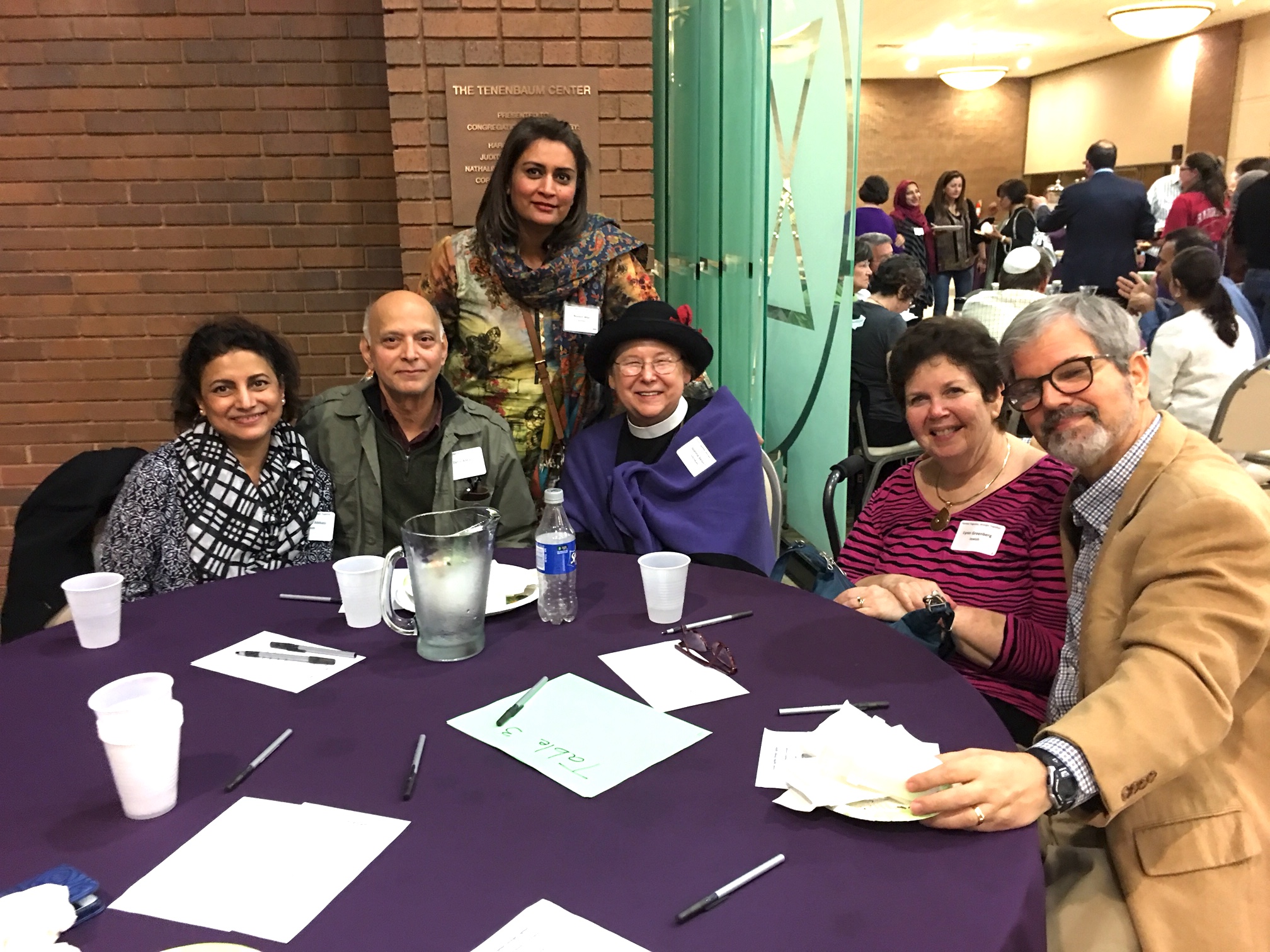Charleston: Spiritual To Do List
“ (1) Be grateful for the blessings I have received, (2) Be attentive to the needs and feelings of those around me, (3) Be kind to all creatures great and small, (4) Speak gently and truthfully,
(5) Listen to what others are saying, (6) Watch for the presence of the sacred, (7) Honor the diversity that creates community, (8) Share what I have to help sustain life, (9) Practice a holy patience with myself and others, (10) Let prayer embody all of the above.”
Steven Charleston, Daily Facebook Posting, October 8, 2016
Bishop Steven Charleston is a native American retired Episcopal bishop who writes a daily message on his Facebook page that inspires thousands of people. He has to keep changing his page because the page maxes out with too many friends on it! Many of his writings are included in this blog.
I am daily grateful to Wanda Dunwoody from St. Luke Episcopal Church in North Little Rock who brought Bishop Charleston to our Episcopal Church Women (ECW) Women’s Institute Conference when she was ECW president. Note that gratitude is at the top of Bishop Charleston’s spiritual to do list. It is also the key to 12 step recovery.
When a message comes from more than one discipline, I see it as a sign of truth. The heart of spiritual direction is helping others see how God is working in their life and follow that insight with gratitude for that presence. We are each surrounded by spiritual friends like Wanda who keep bringing to us the knowledge of God’s presence. Look around and give thanks.
Joanna joannaseibert.com


